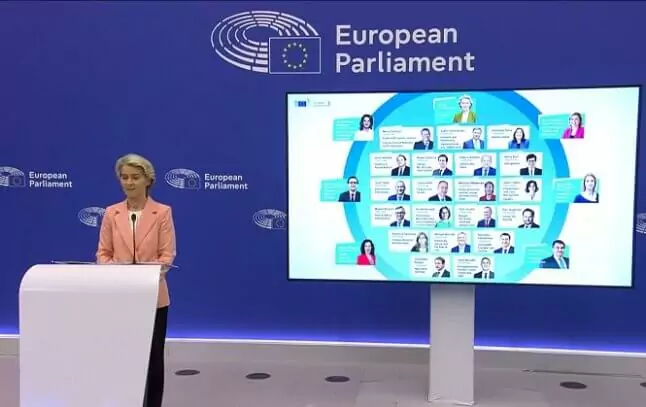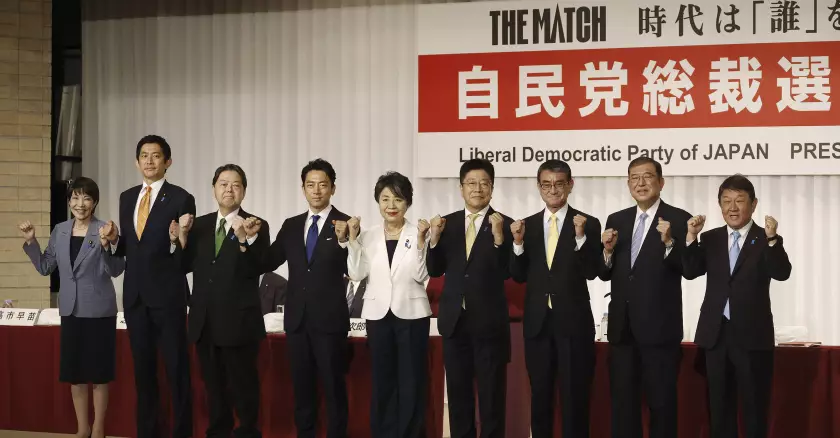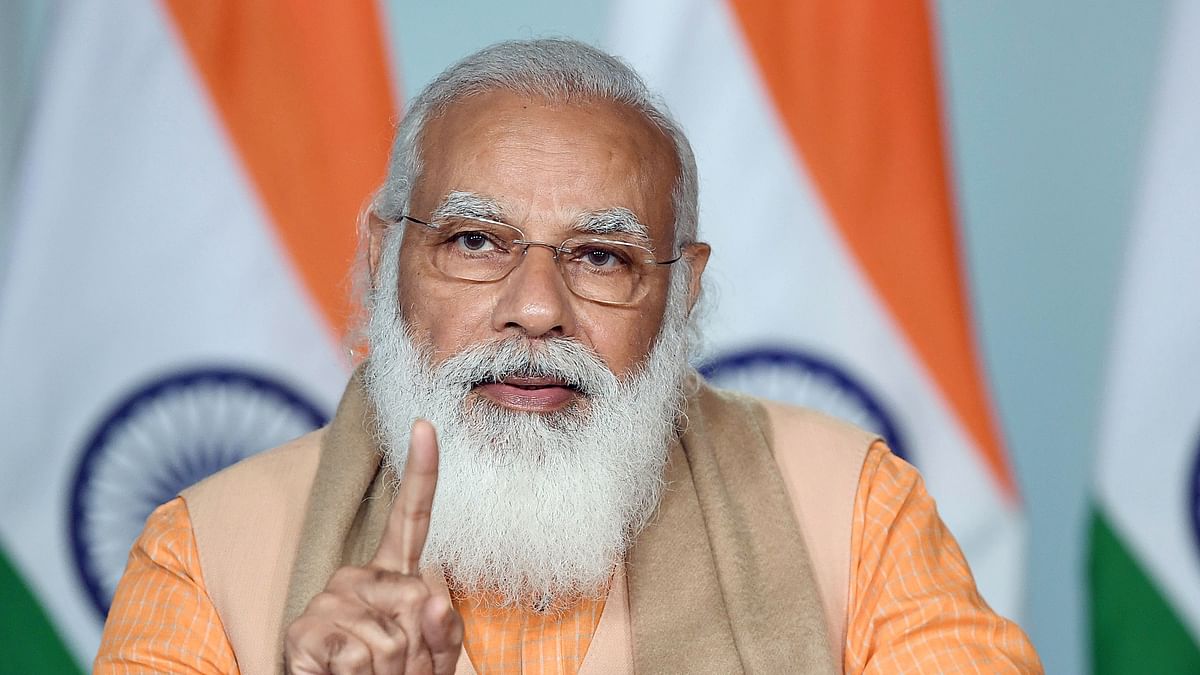What does UVDL 2 commission’s composition reveal?
| The composition of the new European Commission, presented on September 17, 2024, by Ursula von der Leyen, highlights three key dynamics:
Firstly, the unequivocal assertion of von der Leyen’s leadership, who has shown an unprecedented confidence in asserting her choices. Secondly, French influence is declining, while right-wing political forces, confirmed by the recent elections to the European Parliament, are gaining momentum, with prominent figures in key positions within the new college. Lastly, the balance of power between EU Member States is shifting, with Central Europe gaining in status in the wake of the war in Ukraine. |
A Commission marked by a new political balance in favour of President Von der Leyen, who enters her second and final term of office with unprecedented room for manoeuvre.
Von der Leyen has undeniably been strengthened by this new composition: 14 of the 27 Commissioners come from her party, the European People’s Party (EPP). The allocation of portfolios has confirmed that indeed, she is the one holding the cards of European politics. Among the members of her first team, there are no remaining opponents. Leading figures such as France’s Thierry Breton and the Netherlands’ Frans Timmermans have left the Commission.
The new team of Commissioners embodies not only the rise of the EPP, but also the decline of Renew, weakened by its demotion from third to fifth group in the European Parliament. France, in losing Thierry Breton –a commissioner with a solid European record despite tensions– was hoping to get in exchange a key post for one of its representatives. However, all Paris got was a watered-down post of executive vice-president for the docile Stéphane Séjourné. Although industrial strategy is not his field of expertise, this portfolio reflects the French President’s ambition for European sovereignty.
If he is confirmed by the European Parliament, S. Séjourné will not only have to adapt to the complex workings of the European machine and its power games, which he certainly practised as an MEP, but will also have to deal with the worrying loss of competitiveness revealed by the Draghi report. This task promises to be all the more difficult as he will have to stand up to much more experienced heavyweights: Valdis Dombrovskis for the economy, Maros Sefcovic for trade, and Teresa Ribera, an influential anti-nuclear figure, responsible for the ecological transition. Even if he manages to overcome these obstacles, there is no guarantee that he will succeed in shedding the label of President Macron’s mere executor.
The shift to the right benefited Italy, which imposed its candidate, a member of the ECR Group, who had opposed the reappointment of Von der Leyen.
Conversely, Italy has obtained the leadership it had hoped for: Raffaele Fitto, Minister for European Affairs, has been appointed Executive Vice-President in charge of cohesion and reforms. He will oversee key portfolios, including cohesion policy, regional development and cities, with the mission of “modernising and strengthening investment policies in favour of cohesion and growth”, as the President of the Commission pointed out. She also stressed that this portfolio reflects “the importance of Italy”.
To justify her choice, von der Leyen explained that she had considered the composition of the European Parliament, which has 14 vice-presidents, only two of whom come from the ECR group, to which Fratelli d’Italia belongs. She therefore chose Fitto, a leading member of Fratelli d’Italia, in a bid to rebalance the representation between Member States and political groups. Giorgia Meloni enthusiastically welcomed the appointment, seeing it as a strong sign of recognition for her country.
Lastly, the reshuffle benefits the Central European and Baltic states, which are at the forefront of the war in Ukraine, which is dominating the new European strategic agenda.
Poland, led by former European Council President Donald Tusk, has won the strategic post of Budget Commissioner. For their part, the Baltic states are strengthening their influence on foreign policy with Estonia’s Kaja Kallas succeeding Spain’s Josep Borrell, while Lithuania’s Andrius Kubilius takes charge of the new defence portfolio.
This new chapter promises to be decisive for the future of the European Union, but far from revolutionary as far as gender parity is concerned: the new team of Commissioners includes 40% women, a non-negligible figure, but one that falls short of the parity target. Other issues, such as the environment, have not been prioritised. The Greens, who did not get a single commissioner in the new team put together by the President, are denouncing the “erasure of the Green Deal”.
Each Commissioner must now be approved by the Parliament: the hearings will take place in a few weeks’ time. German Conservative McAllister points out that a candidate needs the backing of two-thirds of MEPs to get through to the first round. In the event of a second round, 50% is sufficient after additional assessments. If a candidate is rejected, a new one must be put forward, as was the case for France’s Sylvie Goulard five years ago.
The Commission will begin its work on December 1st and will have to navigate the troubled waters of a tense geopolitical context with the war in Ukraine, the US elections and economic competition from China.
Marc Reverdin, Managing Director, mr@reverdin.eu
If you would like to discuss the political situation further and understand what impact it will have on the business climate and macroeconomic framework, as well as on regional and international policy, please do not hesitate to contact us.
We help our clients navigate political and financial dynamics from local to global.





